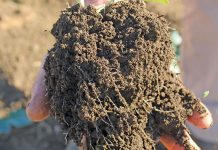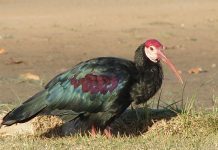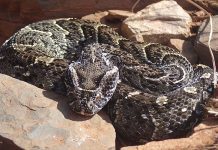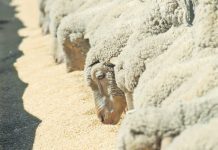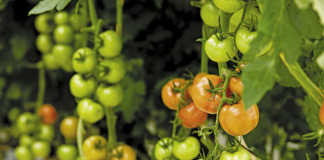An Agricultural Research Service (ARS) team in the US has demonstrated the effectiveness of inducing passive immunity in young birds against coccidiosis, a highly problematic poultry disease. Birds affected by coccidiosis are unable to absorb nutrients or gain weight, and the disease costs the poultry industry about US$3 billion (R24 billion) worldwide each year.
The antibiotic-free technology involves extracting antibodies in egg yolks from pathogen-free hens or female chickens that have been hyper-immunised – injected with a vaccine containing inactivated pathogenic organisms. A commercial product that helps control coccidiosis has been developed by a private company based on results of the research, and the ARS scientists believe that similar methods could help prevent other harmful poultry diseases.
“Coccidiosis is associated with other pathogens, such as the one that causes necrotic enteritis, a gut disease,” says ARS avian immunologist Hyun Lillehoj. “By controlling one, you’re also reducing the impact of the other.” Normally, a host develops two types of immunity, active and passive, to resist infection. Active immunity relies on vaccines to build immunity in the birds. Passive immunity allows immune molecules that are already formed to be transferred from the hen, via the yolk, to the chick.
“When chicks hatch, they have no immunity to this pathogen,” explains Lillehoj. “But if we give pre-formed immune proteins to day-old chicks, they’re ready to fight infection. It’s similar to how immunity is passed to newborns through milk.” In the study, day-old chickens were given feed mixed with spray-dried egg yolk powder prepared from hens hyper-immunised with multiple species of the parasite Eimeria, which causes coccidiosis.
The chickens were then exposed to live coccidia parasites. Chickens that had received the hyper-immune egg yolk antibodies gained more weight and shed significantly fewer Eimeria in their faeces. The treated birds also had fewer gut lesions than chickens that had not received the treatment. “It’s very simple technology, and it works,” says Lillehoj.

